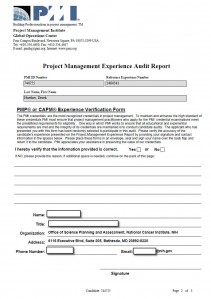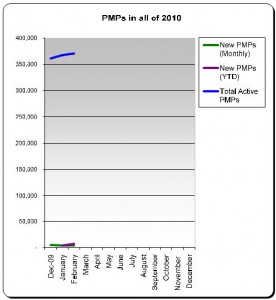I've recently discovered a new love for reading Dr. Seuss books to my son. I can't help but see parallel after parallel to my every day life. I guess if you write a good enough book, like Dr. Seuss, everyone should be able to identify. My last post about Dr. Seuss and Green Eggs and Ham seemed to resonate with a lot of people. I had to write this post because I want to know if others see what I see. This post is about the Sneetches and Sylvester McMonkey-McBean. There are two kinds of Sneetches in this world, those with stars on their bellies and those who don't. When reading this, I want you to picture yourself as a Sneetch and your star being a credential or certification.
Now, the Star-Belly Sneetches had bellies with stars. The Plain-Belly Sneetches had none upon thars. Those stars weren’t so big. They were really so small. You might think such a thing wouldn’t matter at all.
But, because they had stars, all the Star-Belly Sneetches. Would brag, “We’re the best kind of Sneetch on the beaches.” With their snoots in the air, they would sniff and they’d snort “We’ll have nothing to do with the Plain-Belly sort!” And, whenever they met some, when they were out walking, they’d hike right on past them without even talking.
I'm going to introduce another character into this story. His name is Sylvester McMonkey-McBean, an entrepreneur who offers hope to the plain-bellied Sneetches by offering them the use of his star-on-machine.
Then ONE day, it seems while the Plain-Belly Sneetches Were moping and doping alone on the beaches, Just sitting there wishing their bellies had stars, A stranger zipped up in the strangest of cars!
“My friends”, he announced in a voice clear and clean, “My name is Sylvester McMonkey-McBean. And I’ve heard of your troubles. I’ve heard you’re unhappy. But I can fix that, I’m the Fix-It-Up Chappie.
However, it soon becomes clear that Mr. McMonkey-McBean is no champion of the Plain-Belly Sneetches; in fact all he cares about is making money. He is quite happy modifying the machine to remove stars from Sneetches who want to stand apart again.
I’ve come here to help you. I have what you need. And my prices are low. And I work with great speed. And my work is one hundred per cent guaranteed!”
Then, quickly, Sylvester McMonkey McBean Put together a very peculiar machine. And he said, “You want stars like a Star-Belly Sneetch? My friends, you can have them for three dollars each!”
“Just pay me your money and hop right aboard!” So they clambered inside. Then the big machine roared. And it klonked. And it bonked. And it jerked. And it berked. And it bopped them about. But the thing really worked! When the Plain-Belly Sneetches popped out, they had stars! They actually did. They had stars upon thars!
Then they yelled at the ones who had stars at the start, “We’re still the best Sneetches and they are the worst. But now, how in the world will we know”, they all frowned, “If which kind is what, or the other way round?”
Then up came McBean with a very sly wink. And he said, “Things are not quite as bad as you think. So you don’t know who’s who. That is perfectly true. But come with me, friends. Do you know what I’ll do? I’ll make you, again, the best Sneetches on the beaches. And all it will cost you is ten dollars eaches.”
He encourages the Sneetches to continually go from the star-on-machine to the star-off-machine and back to the star-on-machine.
All the rest of that day, on those wild screaming beaches, The Fix-It-Up Chappie kept fixing up Sneetches. Off again! On again! In again! Out again! Through the machines they raced round and about again,
Changing their stars every minute or two. They kept paying money. They kept running through until the Plain nor the Star-Bellies knew Whether this one was that one or that one was this one. Or which one Was what one or what one was who.
Eventually, Mr. McMonkey-McBean vanishes once the Sneetches run out of money.
Then, when every last cent of their money was spent, The Fix-It-Up Chappie packed up. And he went. And he laughed as he drove In his car up the beach, “They never will learn. No. You can’t Teach a Sneetch!”
Fortunately, in the end, the Sneetches have no idea who is who and both Star-bellied Sneetches and Plain-bellied Sneetches learn to live together.
But McBean was quite wrong. I’m quite happy to say. That the Sneetches got really quite smart on that day. The day they decided that Sneetches are Sneetches. And no kind of Sneetch is the best on the beaches. That day, all the Sneetches forgot about stars and whether They had one, or not, upon thars.
In the project management community, I think a lot of people will recognize Sylvester McMonkey-McBean as the Project Management Institute or the Certification Boot Camps. But, I'm certain this is not unique to my industry. Are they there to help or are they there to make money? I'm not going to crucify either because I have a certification. But, just because I have 2 stars on my belly doesn't make me any better than someone with none upon thars.
What do you think?









